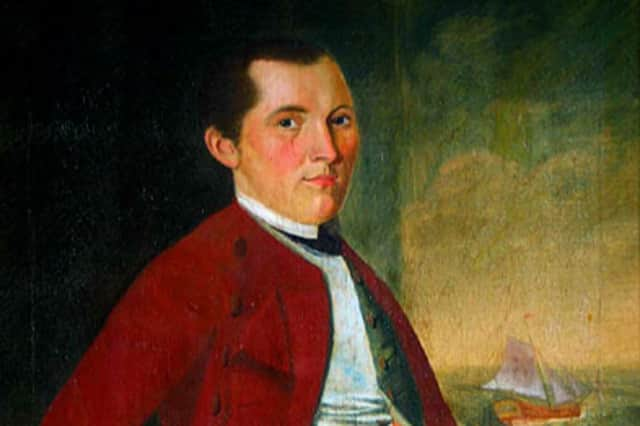When an American ambassador suggested destroying Glasgow in 1776


The American Revolutionary War had started the year before and, while the Patriots had enjoyed early success in Boston, Virginia, the Carolinas and Canada, momentum was now behind the British.
A defeat at Quebec led to the Patriots withdrawing from Canada. Meanwhile, the replenished and regrouped British troops had landed near New York.
Advertisement
Hide AdAdvertisement
Hide AdIt was at this time, in the summer of 1776, that Silas Deane was sent to Paris.
His mission was to encourage the French to support the colonies. They did not need much convincing - France had lost the Seven Years’ War to Britain and several of its colonies as a result - including New France, which would become Canada. This was King Louis XVI’s chance to undermine the British.
Who was Silas Deane?
Deane, a former congressman from Connecticut, had been sent by Congress to influence the French king before the arrival of Benjamin Franklin - the statesman, inventor, writer and founding father, who was held in high esteem in France.
Deane wrote letters to the French court seeking as much support as possible. His mission was a success - supplies, including arms worth over 6,000,000 livres, would reach the Patriots.
Advertisement
Hide AdAdvertisement
Hide AdHe also sent letters back home, often critical of Congress. He complained that they were moving too slowly, ignoring requests for tobacco, and failing to send out ships for contraband.
He also, according to Rick Atkinson’s award-winning history book, The British Are Coming, The War for America 1775-1777, recommended punishing the British.
The book states that, to chastise the British, Deane proposed sending a warship to destroy Glasgow.
Unfortunately the book has no more information about the proposal - including why he suggested Glasgow. His original letters to Congress are now part of the New York History Society’s collection, although yet to be digitised.
What happened to Deane?
Advertisement
Hide AdAdvertisement
Hide AdThe Americans enjoyed a decisive victory over the British at Saratoga in October 1777, and the following month Deane was recalled.
However, it was not to be a happy return. He was accused of embezzlement and disloyalty, and while this was never proven it damaged his reputation.
He returned to France in 1780 and then moved around Europe in exile. In 1789, he set sail for America but died en route.
Comment Guidelines
National World encourages reader discussion on our stories. User feedback, insights and back-and-forth exchanges add a rich layer of context to reporting. Please review our Community Guidelines before commenting.
